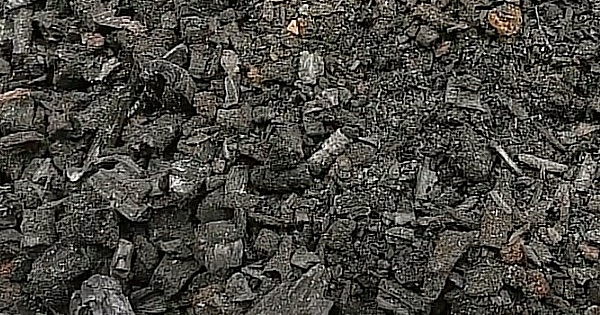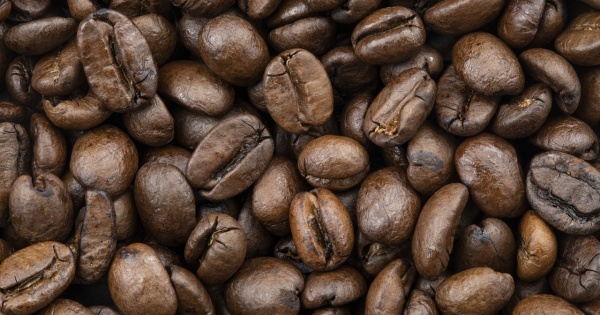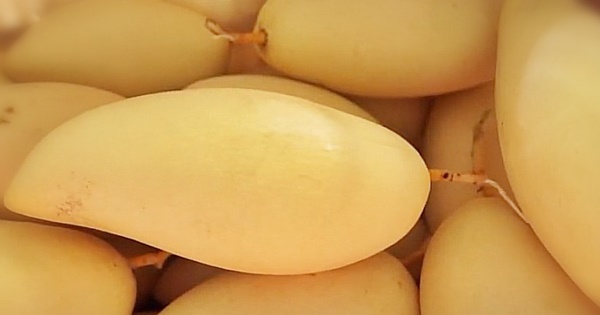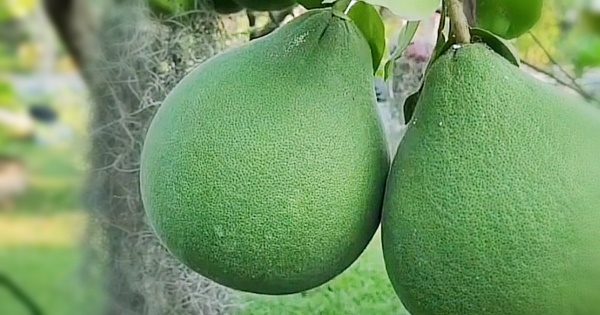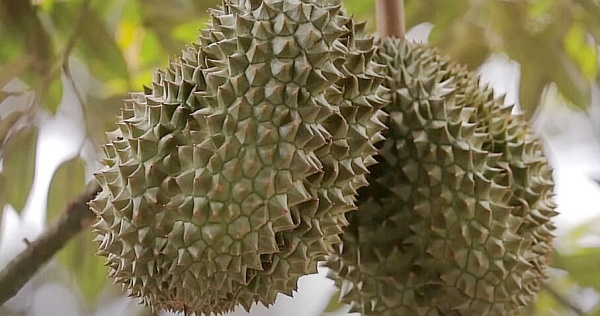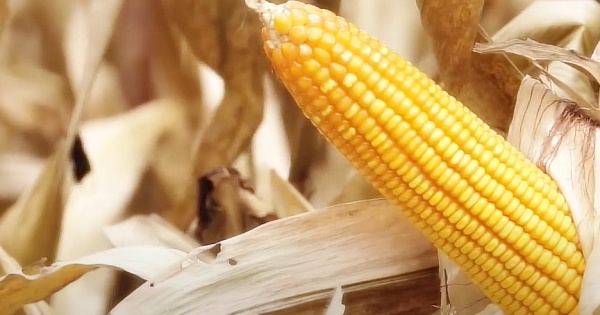-
ปรับแต่งการแสดงผล
ขอต้อนรับสู่เว็บเพจ yoohong!
This page serves as a showcase for international buyers to explore our range of Thai agricultural and hard commodities. Our offerings include fruits, vegetables, cereals, nuts, seeds, herbs, spices, carbon, charcoal, and biomass. YOOHONG IS AN EXPORTER—not a manufacturer. The distinction lies in the service we provide. Many importers benefit from working with yoohong, particularly when product variety is a priority—something manufacturers may not offer. We are proud to be a preferred exporter of commodities for SMEs (Small and Medium Enterprises) worldwide. By offering flexibility and choice, we help our customers enhance competitiveness and reduce unnecessary costs when importing our products.
edit -
ปรับแต่งการแสดงผล
 fertiliser, fertilizer, organic fertiliser, organic fertilizer, vermicompost, worm cast, 肥料, 堆肥, ជី, pupuk, 비료, ຝຸ່ນ, abono, baja, phân bón, ဓာတ်မြေဩဇာ, engrais, mbolea, उर्वरक, පොහොර, کھاد, मल, fertilizante,
fertiliser, fertilizer, organic fertiliser, organic fertilizer, vermicompost, worm cast, 肥料, 堆肥, ជី, pupuk, 비료, ຝຸ່ນ, abono, baja, phân bón, ဓာတ်မြေဩဇာ, engrais, mbolea, उर्वरक, පොහොර, کھاد, मल, fertilizante,Fertiliser
Chicken manure pellets are natural organic fertiliser. Vermicompost is the nutrient-rich material produced by earthworms. Both amendments help improve soil and support healthy plant growth.
edit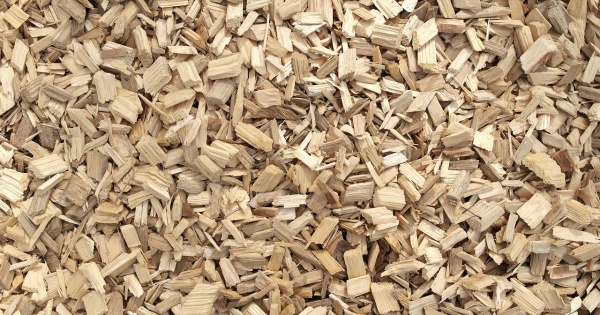 woodchip, zrębki drewna, așchii de lemn, hackschnitzel, dăm gỗ, 木材チップ, 木屑, 우드칩, copeaux de bois, trucioli di legno,
woodchip, zrębki drewna, așchii de lemn, hackschnitzel, dăm gỗ, 木材チップ, 木屑, 우드칩, copeaux de bois, trucioli di legno,Biomass
Woody biomass refers to residual wood materials such as woodchips and wood pellets. It is a versatile feedstock used in energy generation, biofuel production and paper pulp manufacturing.
edit charcoal, charcoal briquette, 炭块, 炭砖, 練炭, लकड़ी का कोयला ब्रिकेट, 숯불, فحم مضغوط, holzkohlebrikett, briquette de charbon de bois, bricchette di carbone, brykiet węglowy, brichet de cărbune, briket arang, uling briket, briquete de carvão, houtskoolbriket,
charcoal, charcoal briquette, 炭块, 炭砖, 練炭, लकड़ी का कोयला ब्रिकेट, 숯불, فحم مضغوط, holzkohlebrikett, briquette de charbon de bois, bricchette di carbone, brykiet węglowy, brichet de cărbune, briket arang, uling briket, briquete de carvão, houtskoolbriket,Charcoal Briquette
Charcoal briquettes are solid biofuel, commonly made from agricultural waste. They offer a cleaner alternative for outdoor cooking, with easy handling and less smoke than traditional charcoal.
editBiochar
Biochar is a highly porous, carbon-rich material produced by heating biomass in a low-oxygen or oxygen-free environment. It is a form of charcoal used to improve soil quality and help mitigate climate change.
edit -
ปรับแต่งการแสดงผล
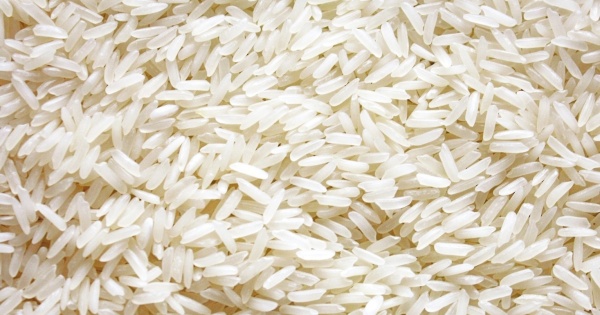 rice, thai rice, jasmine rice, white rice, glutinous rice, sticky rice, hom mali rice, beras thailand, bigas ng thailand, أرز تايلاندي, beras thai, 泰国米, 泰國米, 米, riz thaïlandais, برنج تایلندی, thaise rijst, arroz tailandês, thaise rys, thai-reis, tay pirinci, beras melati, bigas na jasmine, أرز الياسمين, beras wangi, 茉莉香米, 茉莉香米, riz jasmin, برنج یاسمن, jasmijnrijst, arroz jasmim, jasmynrys, jasmin-reis, yasemin pirinç,
rice, thai rice, jasmine rice, white rice, glutinous rice, sticky rice, hom mali rice, beras thailand, bigas ng thailand, أرز تايلاندي, beras thai, 泰国米, 泰國米, 米, riz thaïlandais, برنج تایلندی, thaise rijst, arroz tailandês, thaise rys, thai-reis, tay pirinci, beras melati, bigas na jasmine, أرز الياسمين, beras wangi, 茉莉香米, 茉莉香米, riz jasmin, برنج یاسمن, jasmijnrijst, arroz jasmim, jasmynrys, jasmin-reis, yasemin pirinç,Rice
Hom Mali rice is a world-renowned, fragrant Thai variety. It is available in polished, brown, parboiled, and broken forms. The colour of polished Hom Mali closely resembles that of a jasmine flower.
edit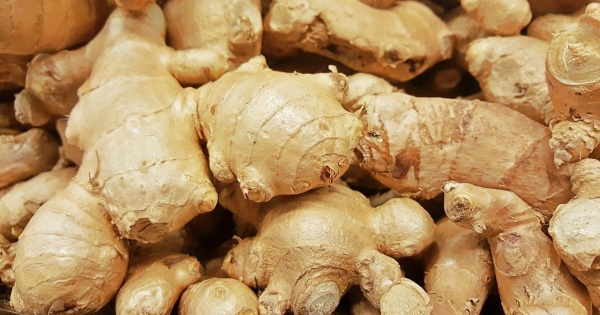 ginger, fresh ginger, old ginger, young ginger, 姜, 薑, 生姜, しょうが, halia, 생강, ادرک, আদা, زنجبیل, имбирь, ඉඟුරු, jengibre, Ingwer, gingembre, ingefära, gember, zencefil,
ginger, fresh ginger, old ginger, young ginger, 姜, 薑, 生姜, しょうが, halia, 생강, ادرک, আদা, زنجبیل, имбирь, ඉඟුරු, jengibre, Ingwer, gingembre, ingefära, gember, zencefil,Ginger & Turmeric
Ginger and turmeric are medicinal spices available in both fresh and processed forms. Thai varieties are well regarded across South Asia for their pungency, flavour, and health benefits.
edit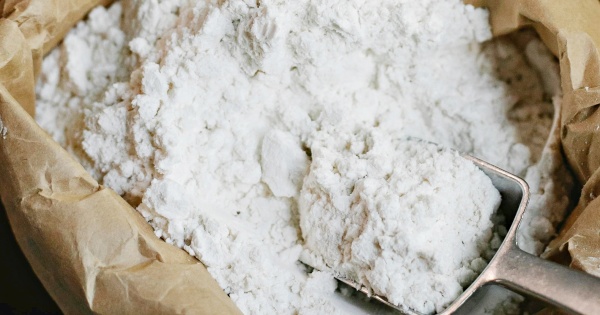 flour, rice flour, glutinous rice flour, harina de arroz, reismehl, 米粉, 粮食粉, rijstmeel, farine de riz, farina di riso, 穀物粉, 쌀가루, harina ng bigas, tepung beras, farinha de arroz,
flour, rice flour, glutinous rice flour, harina de arroz, reismehl, 米粉, 粮食粉, rijstmeel, farine de riz, farina di riso, 穀物粉, 쌀가루, harina ng bigas, tepung beras, farinha de arroz,Flour & Starch
Rice flour is a common ingredient in Asian food products such as noodles, desserts, dumplings, and as a thickening agent. Cassava starch, by contrast, is better suited to the processed food industry.
edit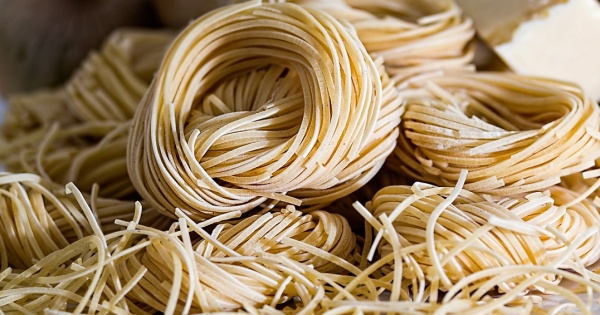 noodle, rice noodle, pasta, chinese noodle, fideos, nudeln, nouilles, mi, 面,麺, 拉面,面条,米粉,米线,河粉,粿条,국수, noedels, tagliatelle, pansit, macarrão, noedels,
noodle, rice noodle, pasta, chinese noodle, fideos, nudeln, nouilles, mi, 面,麺, 拉面,面条,米粉,米线,河粉,粿条,국수, noedels, tagliatelle, pansit, macarrão, noedels,Noodles
Thai noodles are highly versatile, offering textures from wide and chewy to thin and delicate. They are typically made from wheat or rice flour. Betong noodles stand out for their distinctive quality.
edit -
ปรับแต่งการแสดงผล
Coffee Bean
Thailand grows both Robusta and Arabica coffee. Robusta from the south is bold, bitter, and high in caffeine, while Arabica thrives in the northern highlands with floral notes and mild acidity.
edit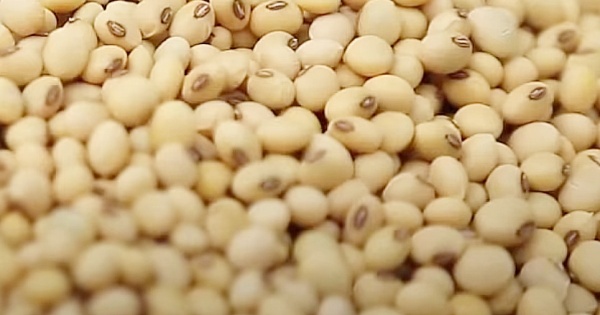 bean, soya bean, soy, soybean, 大豆, فول الصويا, sojabohnen, soja, soja bean, soya fasulyesi, sojabonen, لوبیای سویا, kedelai, soia, سویا بین, 콩, 대두,
bean, soya bean, soy, soybean, 大豆, فول الصويا, sojabohnen, soja, soja bean, soya fasulyesi, sojabonen, لوبیای سویا, kedelai, soia, سویا بین, 콩, 대두,Soya Bean
Soya beans are remarkable vegetables, not true beans. They offer notable health benefits and feature in diverse cuisines. Thai soya beans rank among the world’s best, though limited in supply.
editMango
Nam Dok Mai is among South Asia’s finest tropical mangoes. It is both seasonal and off-season, while Kaew Khamin is a year-round mango known for its pleasant flavour and economical price.
editPummelo
Thab Thim Siam and Khao Phuang are the most common pummelo varieties exported to international markets. Pummelos are available year-round, with many cultivars grown across Thailand.
edit -
ปรับแต่งการแสดงผล
Durian
Durian, often called the king of fruits, leads Thailand’s fruit exports. The five popular varieties—Monthong, Karnyao, Chanee, Kradum, and Phuangmanee—each offer a distinct taste, texture, and size.
edit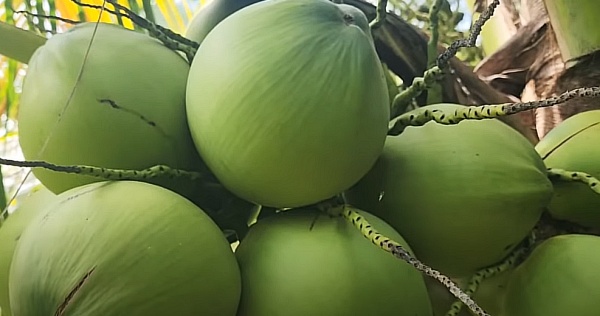 coconut, nam hom coconut, 椰子, kokosnoot, kelapa, kokosnuss, جوز الهند, noix de coco, hindistan cevizi, orzech kokosowy, coco,
coconut, nam hom coconut, 椰子, kokosnoot, kelapa, kokosnuss, جوز الهند, noix de coco, hindistan cevizi, orzech kokosowy, coco,Coconut
Nam Hom coconuts are the only tropical fruits known to produce naturally pandan-like aromatic coconut water. Most are grown on green dwarf palms cultivated near coastal areas of Thailand.
edit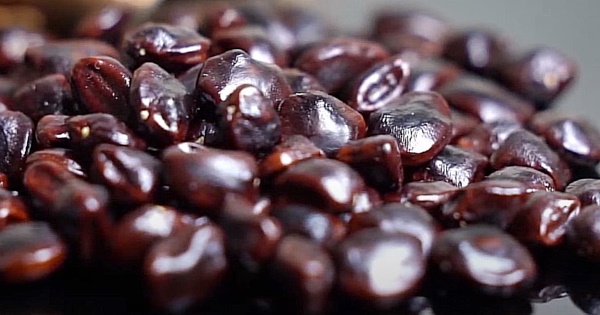 tamarind seed, broken tamarind seed, ভাঙা ইমলি বীজ, ইমলি বীজ, ٹوٹا ہوا املی کا بیج, 罗望子籽, بذور التمر الهندي, Biji asam jawa, املی کا بیج
tamarind seed, broken tamarind seed, ভাঙা ইমলি বীজ, ইমলি বীজ, ٹوٹا ہوا املی کا بیج, 罗望子籽, بذور التمر الهندي, Biji asam jawa, املی کا بیجTamarind
Broken tamarind seeds serve as raw materials for jute, insecticides, and textiles. Sweet tamarinds are widely exported as exotic fruits, while sour ones are processed into blocks for culinary use.
editCorn on the Cob
Thai corn on the cob is widely available and highly valued, known globally for its quality sweet corn. It offers high natural sweetness and vibrant colour. Thai sweet corn is non-GMO and available year-round.
edit

